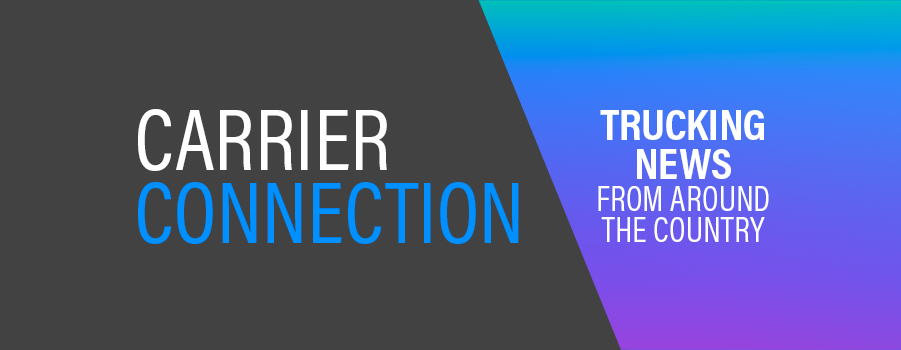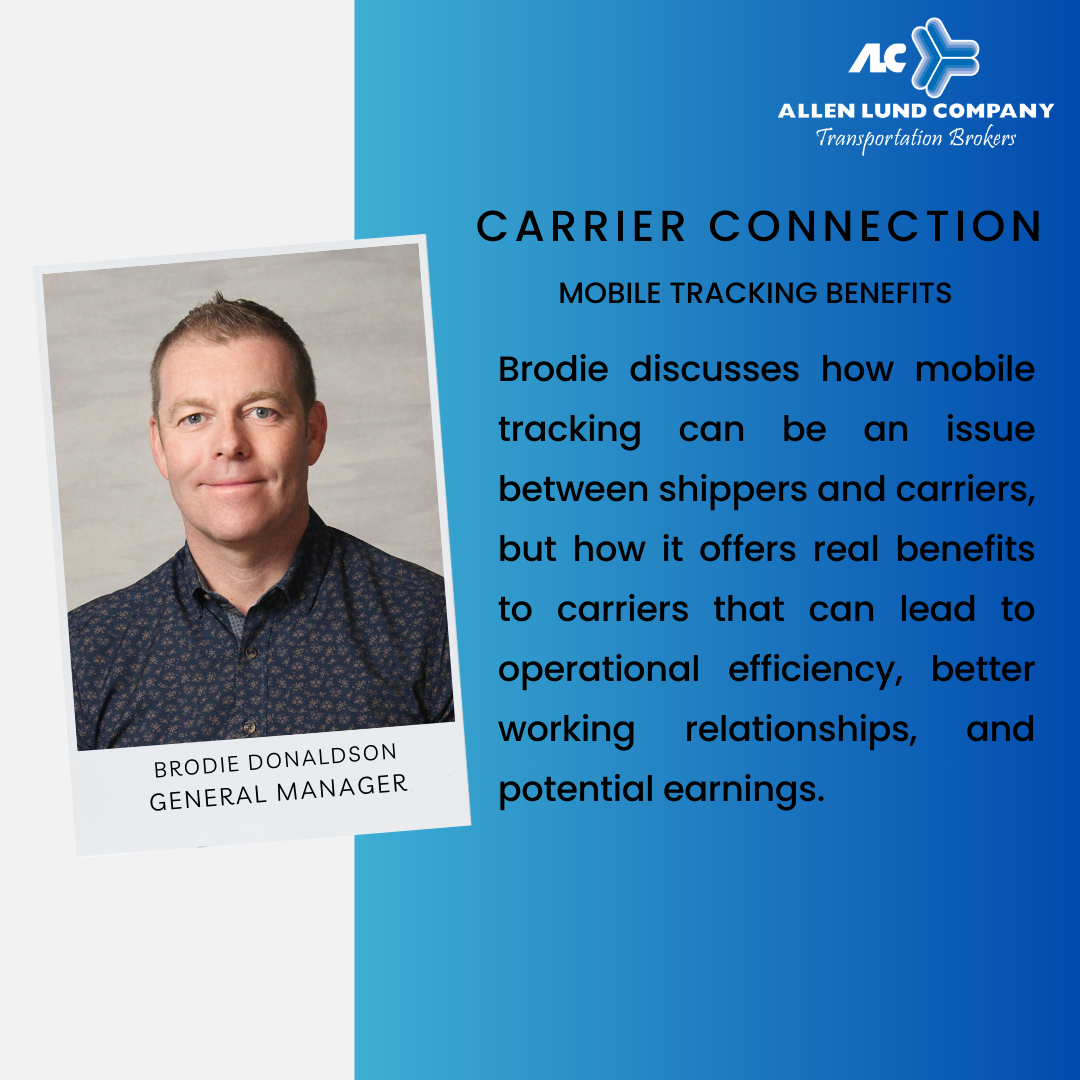
“Why did the mobile tracker start a podcast? Because it always had location updates to share!”
Right now, shippers and carriers are pitted against each other due to mobile tracking and related issues, including freight location, driver and carrier privacy, routing, etc. Regarding these issues, the ALC decision tree is simple and is used to guide how each employee operates on a day-to-day basis: what’s best for the customer, what’s best for the company, and finally, what’s best for the office. ALC bleeds for our customers, both the shipper and the carrier. Yes, carriers are our customers as well. Mobile tracking has spread like wildfire among shippers, with no signs of slowing down. Admittedly, there are signs of other solutions, but I would like to discuss some of the positives for you, as a carrier, to use mobile tracking.
Carriers can take advantage of expedited PODs, reduced check calls, increased operational efficiencies, reduced fuel costs, and combat fraud issues. Firstly, more and more, shippers are going paperless. Creating the opportunity for drivers to obtain a POD electronically via mobile apps or text as soon as the PO is marked received in their systems. This means the driver can leave when their truck is empty; they no longer need to wait for a piece of paper to be printed. As a bonus, we don’t have to call a driver to see if he/she has gotten empty because mobile tracking will register the departure. Secondly, in the case of a carrier operating multiple trucks with many drivers, mobile tracking can help reduce inefficient routes and time wasted. This keeps drivers accountable with their drive time and keeps them moving. This ultimately reduces fuel costs and the chance of late arrivals. For owner operators, mobile tracking boosts professionalism and reliability by showing transparency to shippers and brokers. It also allows easier integration with brokers and shippers, simplifying all kinds of processes, like payments. For all carriers, mobile tracking can give advanced notice to a shipper or receiver of your arrival, allowing them to plan your loading or offloading, which can improve wait times or plan for early or late arrivals. Finally, providing tracking and showing proof of where you are makes you a trusted source to prevent fraud and can make you a preferable candidate for loads.
I have a request: Please use mobile tracking whenever asked, or better yet, offer to use it —mobile tracking can give you a competitive advantage right now. Not everyone complies with mobile tracking, and until the next method to track shipments becomes widespread, mobile tracking can only benefit a carrier. I understand why a carrier would be reluctant to use mobile tracking for privacy reasons and a few other concerns, but let’s face it, everyone is being tracked daily through their phones by giant tech companies. Carriers can charge for mobile tracking, and they should; some brokers are doing this for carriers to increase compliance, but the carrier should request that it is added to the rate confirmation so everyone can see the actual costs of your privacy, if that’s a concern. Okay, enough of all this…
What did the trailer say to the cab after getting GPS? Now I finally know where this relationship is going.
Read the original article here


